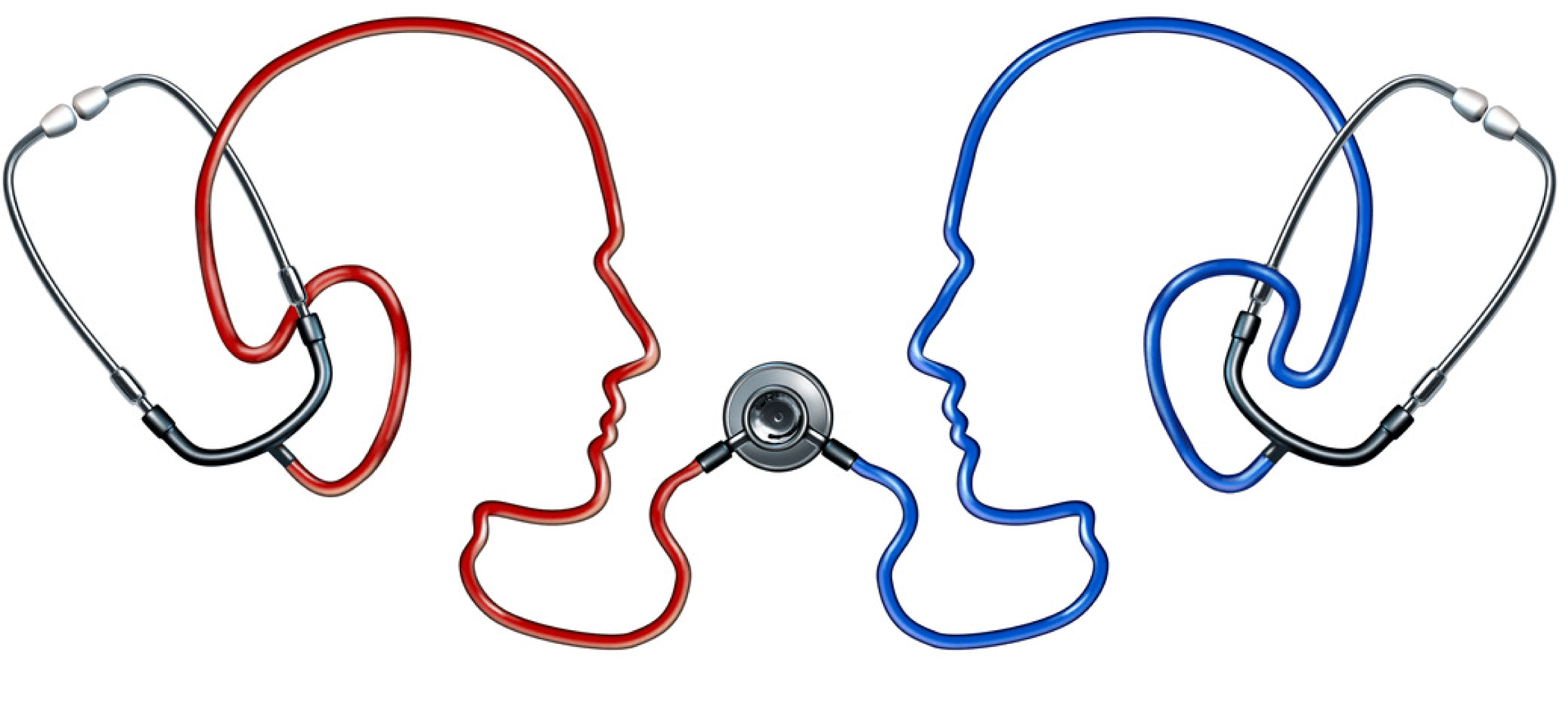|
|
|
|
|
|
Integrating Gender in Medical Education
|
|
|
|
|
|
Physicians and researchers recognized that women’s health encompassed more than
those conditions unique to females; that women’s experiences with gender-common
conditions and the treatments for them often differed significantly from those of
men. Men and women aren’t the same when it comes to their health and health problems.
|
|
|
|
|
|
|
|
|
|
|
|
|
Sensitization of Medical Education on Gender
|
|
|
|
|
|
|
Medical Education and Gender
|
|
|
|
Is Gender a Drug Safety Issue in the Era of Personalized Medicine?
In January 2013, FDA told manufacturers to lower the dose of zolpidem, the insomnia
treatment, for women, and suggested a 10 mg to 5 mg for immediate-release products
(Ambien, Edluar, and Zolpimist) and from 12.5 mg to 6.25 mg for extended-release
products (Ambien CR). That was based on evidence the drug is metabolized more slowly
in women, which makes the side effect of next-day impairment more likely in women
than men.Find out more →
|
|
Gender Differences in Medical Treatment
It has been the practice for many years to have all the research animals used in
medicine be male. The thinking was the same for the lab rats that it was for women.
They were thought to be biologically the same as male rats, but with those "pesky"
hormones.This video talks about the new emphasis that is being placed on recognizing,
within the field of medicine, that men and women are different.Find out more →
|
|
|
|
History of Gestational Diabetes Mellitus and Future Risk of Atherosclerosis
in Mid-life: The Coronary Artery Risk Development in Young Adults Study
History of gestational diabetes mellitus (GDM) increases lifetime risk of type 2
diabetes (DM) and the metabolic syndrome (MetS), which increase risk of cardiovascular
disease. It is unclear, however, whether GDM increases risk of early atherosclerosis
independent of pre-pregnancy obesity and subsequent metabolic disease. Find out more →
|
Recent Oral Contraceptive Use by Formulation and Breast Cancer Risk among Women
20 to 49 Years of Age
Previous studies of oral contraceptives and breast cancer indicate that recent use
slightly increases risk, but most studies relied on self-reported use and did not
examine contemporary oral contraceptive formulations. This nested case–control study
was among female enrollees in a large U.S. integrated health care delivery system.
Cases were 1,102 women ages 20 to 49 years diagnosed with invasive breast cancer
from 1990 to 2009.Find out more →
|
|
Gender and Cardiac Health
|
|
|
|
Cardiovascular
Disease in Women: A Journey toward a Focus on Prevention
Much progress has been made in terms of diagnosing and treating cardiovascular disease
(CVD) in women, but many women are still dying of CVD than any other disease. The
author briefly reviews the progress that has been made regarding CVD in women, examines
the current state of the science, discusses the new effectiveness-based guidelines
that focus on prevention, and considers implications for nurse practitioners. Find out more →
Is Diabetes Mellitus a Heart Disease Equivalent in Women? Results From an International
Study of Postmenopausal Women in the Raloxifene Use for the Heart (RUTH) Trial
Several studies have concluded that diabetes mellitus and heart disease carry similar
risk for future cardiovascular disease (CVD). Most of these studies were too small
to quantify independent risks specific to women. The purpose of this study was to
determine whether diabetes mellitus is a coronary heart disease (CHD) risk equivalent
for prediction of future CHD and CVD events in women.Find out more →
|
|
|
|
|
Gender Disparities in Mental Health
This paper examines current evidence regarding rates, risk factors, correlates and
consequences of gender disparities in mental health. Gender is conceptualized as
a structural determinant of mental health and mental illness that runs like a fault
line, interconnecting with and deepening the disparities associated with other important
socioeconomic determinants such as income, employment and social position. Find out more →
Women and Depression: Does Gender Matter?
Depression,
like many other psychiatric illnesses, may present differently in women versus men.
These disparities go beyond the depressive syndromes unique to women namely, postpartum
and menopausal depression and often manifest in women with major depressive disorder.
This study found that women may be more prone to atypical symptoms of depression.Find out more →
|
|
|
|
|
Reproductive Health and Women
|
|
|
|
The Sexual and Reproductive Health Care Market in Bangladesh: Where Do Poor
Women Go?
In Bangladesh, the formal public health system provides few services for common
sexual and reproductive health problems such as white discharge, fistula, prolapse,
menstrual problems, reproductive and urinary tract infections, and sexual problems.
Recent research has found that poor women and men resort to informal providers for
these problems instead. Find out more →
Positive and Pregnant – How Dare You: A Study on Access to Reproductive and
Maternal Health Care for Women Living With HIV in Asia
This publication
reports on a study conducted by the Women’s Program of the Asia Pacific Network
of People Living with HIV (WAPN+), together with the Regional Treatment Working
Group, on positive women’s access to reproductive and maternal health care and services
in six Asian countries: Bangladesh, Cambodia, India, Indonesia, Nepal, and Viet
Nam. The objective of the study was to assess the experience of accessing reproductive
and maternal health services as reported by HIV positive women over 16 years of
age and pregnant in the past 18 months.Find out more →
|
|
|
|
|
|
|
|
|
Please add us GME-CEHAT.org and esocialsciences.org to your contacts to ensure the
newsletters land in your inbox.
|
|
|
T-131, Tower 1, 3rd Floor,
International Infotech Park,
Vashi, Navi Mumbai - 400 703, India.
Tel : +91 22 67231000 Fax : +91 22 27814434
|
|
|
|
|
